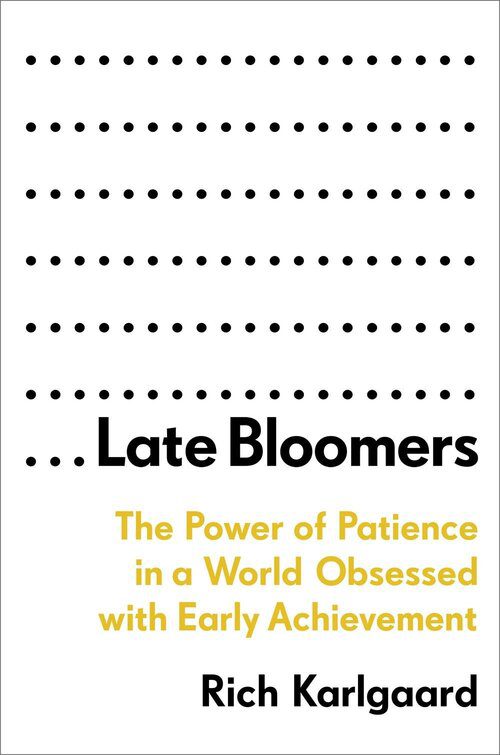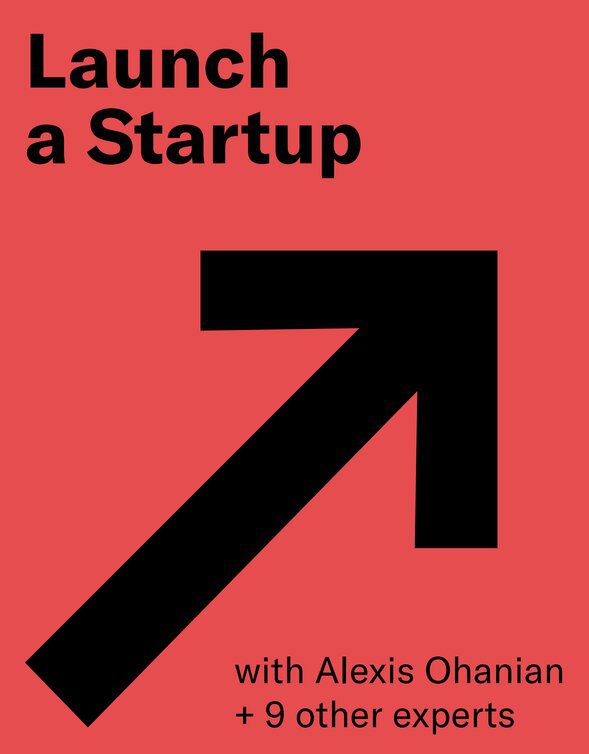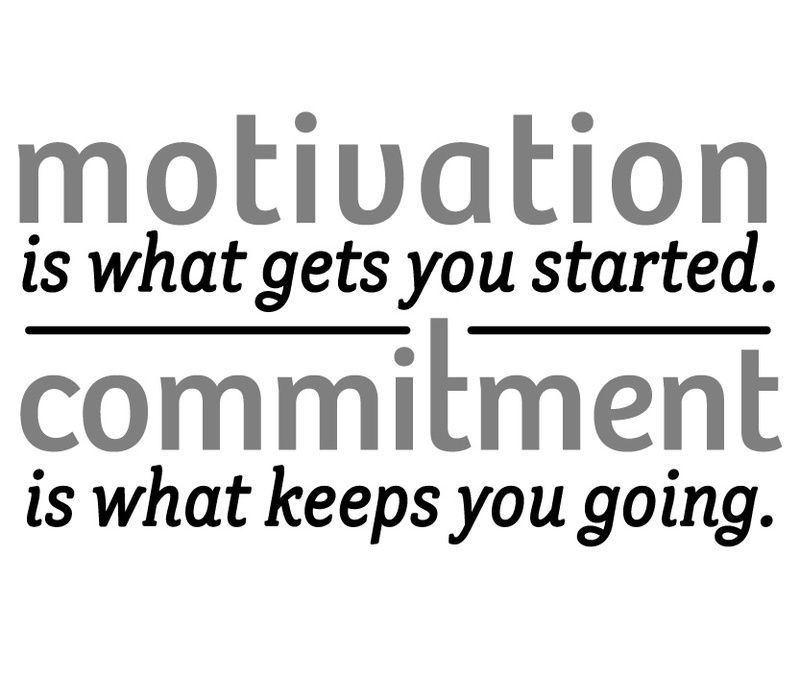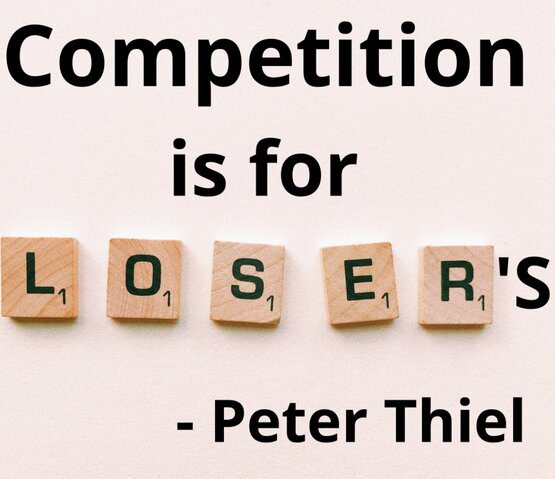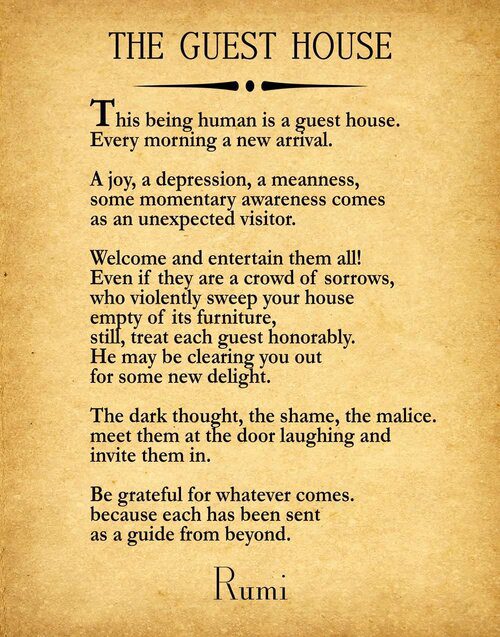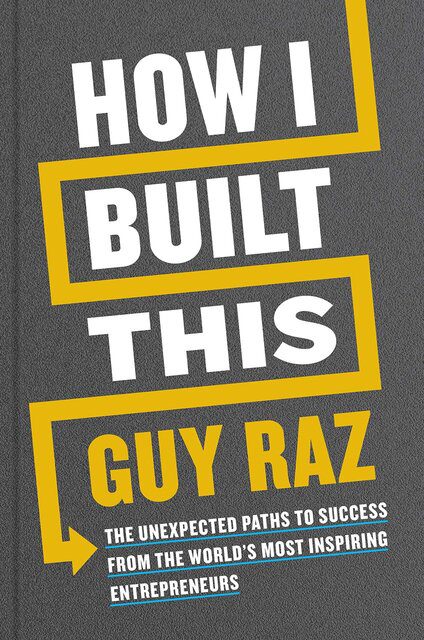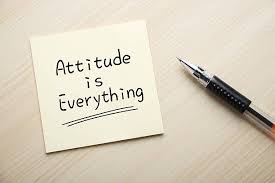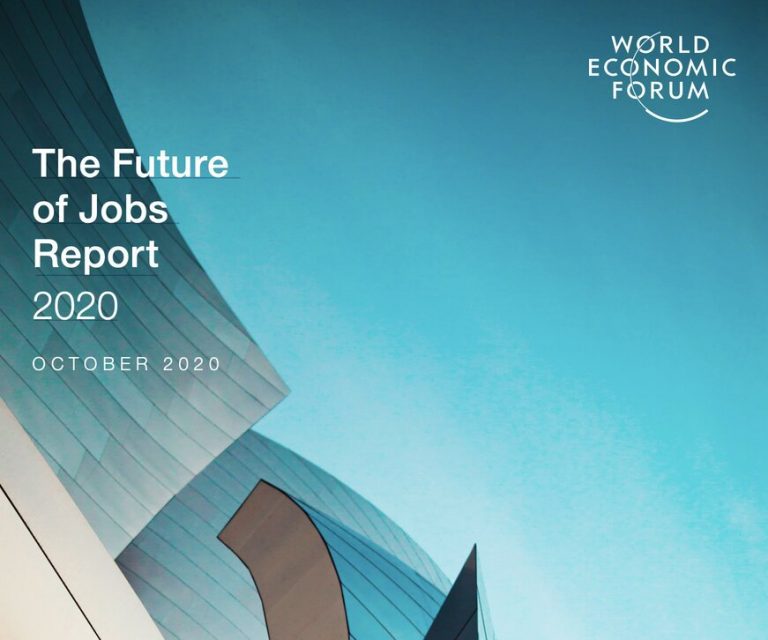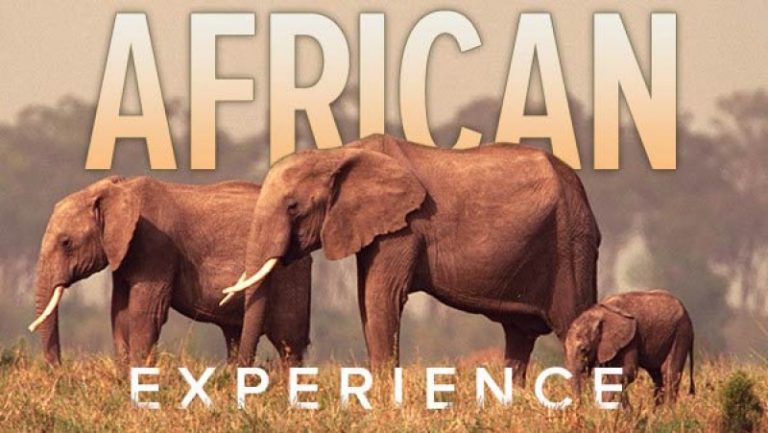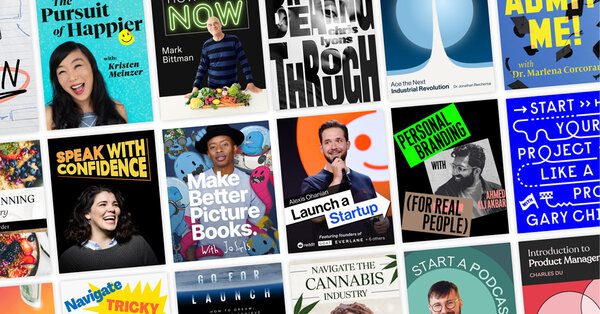Don’t worry, be crappy. Revolutionary means you ship and then test… Lots of things made the first Mac in 1984 a piece of crap – but it was a revolutionary piece of crap. – Guy Kawasaki
I first stumbled on the sentence “Don’t worry be crappy” in one of Guy Kawasaki’s book and the concept really helped me with my perfectionist tendencies. Anytime I want to get into the analysis paralysis mode, I remind myself that you do not need to be great to start but you have to start to be great.
One of the favourite concepts have learnt from reading Guy Kawasaki Books is Don’t Worry be Crappy, it was an aha moment for me when I was first exposed to the concept around 2012 while trying to startup some projects. This singular idea changed my perspective on starting anything as I discovered most big brands did not start as fortune 100 companies they worked their way up the value chain.



